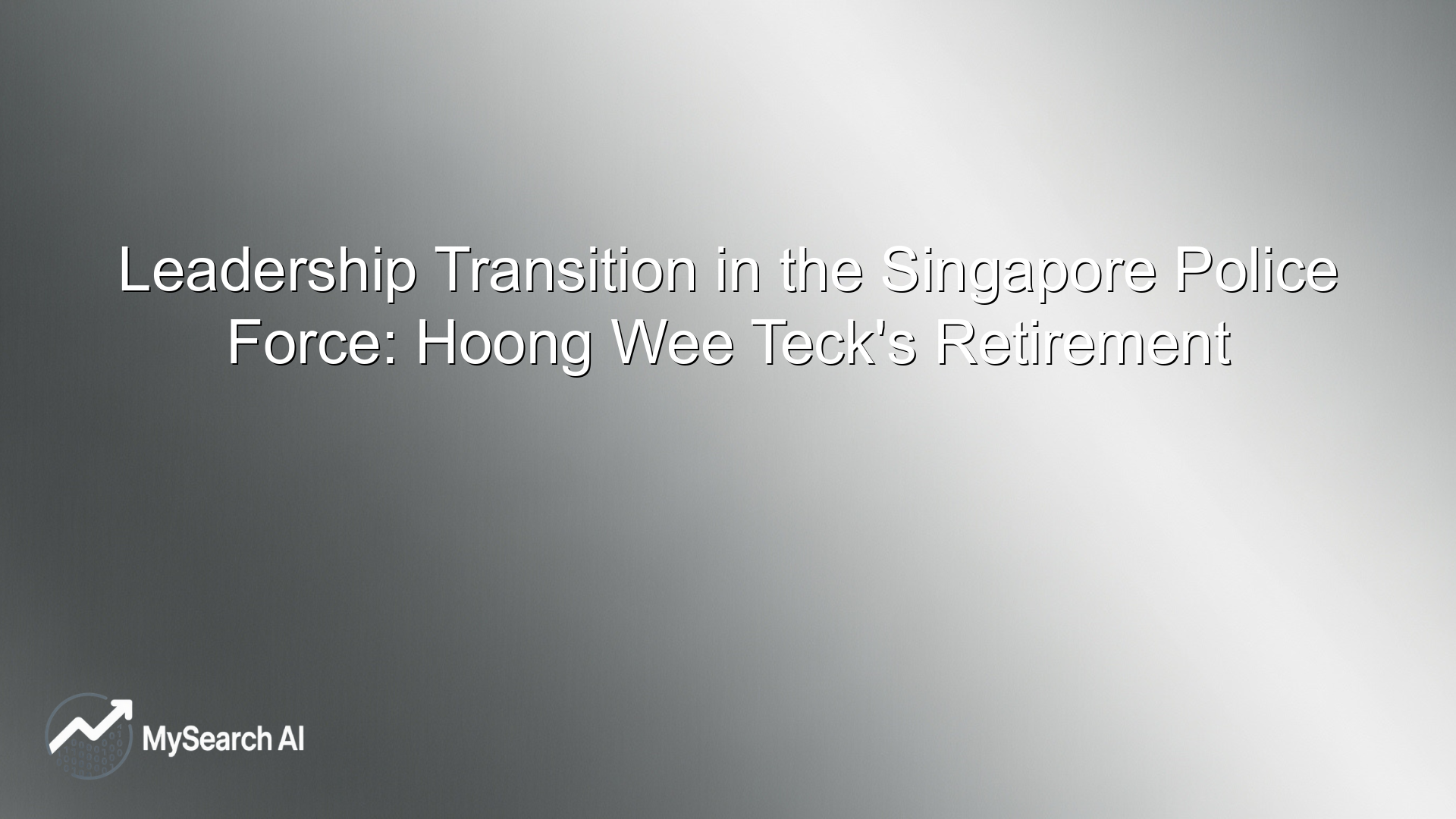Related Articles
Ask anything about stocks
Citi Probes HR Complaints Against Wealth Division Head Andy Sieg
Table of Contents
Citigroup has launched a probe into human resources complaints filed against Andy Sieg, the head of its wealth management division. The move has drawn attention across Wall Street, raising questions about corporate culture, leadership accountability, and the broader impact on Citi’s growing wealth management business.
As the banking giant continues to push aggressively into new markets, these allegations come at a critical time for its leadership team.
Who is Andy Sieg?
Andy Sieg is a well-known name in the financial services industry. Before joining Citigroup, he spent several years at Merrill Lynch, where he played a major role in reshaping its wealth management operations. With a strong reputation for innovation and leadership, Sieg was appointed by Citi to strengthen its wealth unit, aiming to expand its footprint in private banking and wealth advisory services.
His career spans decades, during which he built a reputation as a forward-thinking executive who understands client needs and the changing dynamics of the stock market. His move to Citi in 2023 was seen as a bold step by the bank to compete more aggressively with wealth management leaders like Morgan Stanley and JPMorgan Chase.
The Complaints Against Andy Sieg
Reports suggest that internal HR complaints were filed against Sieg, prompting Citi to launch an investigation. The exact nature of the complaints remains confidential, but according to insiders, they revolve around leadership behavior and workplace culture.
Citi has emphasized that all complaints, regardless of the individual’s seniority, are taken seriously. The bank’s spokesperson stated that the probe is meant to ensure a transparent and fair review, safeguarding the interests of employees and maintaining the company’s commitment to ethical practices.
For a company like Citi, which is investing heavily in expanding its wealth business, such allegations against a senior leader can be disruptive. Employees, investors, and clients alike are closely watching how this situation unfolds.
Impact on Citi’s Wealth Division
The wealth division at Citi has been a major focus of investment under CEO Jane Fraser’s leadership. With the global rise of high-net-worth individuals, wealth management is becoming a key growth driver for banks. Under Sieg’s guidance, Citi has been building new strategies to compete in areas like AI stocks research, sustainable investing, and advanced stock market analysis tools for its clients.
However, an ongoing HR probe could slow momentum. Questions about leadership stability can affect employee morale, recruitment, and even client confidence. In the competitive wealth management market, perception matters as much as performance.
Why This Matters for Citi and Wall Street
On Wall Street, leadership integrity is closely tied to investor trust. For Citi, which has been restructuring and streamlining its operations to boost profitability, any controversy at the top level could create distractions.
The HR complaints against Andy Sieg are not just an internal matter; they raise bigger questions about workplace practices in global banks. With increased attention on corporate governance, transparency, and employee well-being, banks are under pressure to show they can hold even top executives accountable.
At the same time, Citi’s push into wealth management is part of a long-term growth strategy. Analysts argue that while the probe may affect short-term performance, the bigger picture will depend on how quickly Citi addresses the issue and restores confidence.
Investor Reactions and Stock Market Implications
Investors are closely monitoring the developments. Although Citi’s stock has not shown dramatic movements so far, prolonged uncertainty could impact investor sentiment. Analysts often highlight that leadership disruptions in key divisions can influence long-term growth projections.
For investors engaged in stock research, leadership stability is a crucial factor when evaluating a company’s prospects. Citi’s ability to reassure the market and maintain momentum in its wealth strategy will play an important role in sustaining investor confidence.
Moreover, with global markets increasingly focusing on sectors like AI stocks and technology-driven investments, Citi’s wealth division has been working to position itself as a leader in offering innovative research and client solutions. A leadership controversy could temporarily overshadow these strategic moves.
What Happens Next?
Citi has not provided a timeline for the completion of the investigation. Typically, such internal probes can take weeks or even months, depending on the complexity of the complaints. The outcome may lead to policy adjustments, leadership training, or other corrective measures.
What remains clear is Citi’s commitment to following due process. As a global banking leader, it cannot afford to ignore such matters, especially at a time when corporate accountability is under greater scrutiny than ever before.
Broader Industry Implications
The probe into Andy Sieg reflects a larger trend in the financial industry. Regulators, shareholders, and employees are demanding greater accountability from executives. In the past, allegations of misconduct or poor leadership often went unchecked in big banks. Today, with social and corporate responsibility in the spotlight, such complaints can no longer be dismissed.
Other major banks are also taking steps to strengthen HR frameworks, implement stricter compliance policies, and create safer workplace cultures. The outcome of Citi’s probe could serve as a case study for how large institutions handle allegations against high-profile executives.
Conclusion
The investigation into Andy Sieg comes at a pivotal time for Citi. While the details of the complaints remain undisclosed, the probe itself highlights Citi’s effort to ensure accountability at all levels. For investors, employees, and clients, the resolution of this issue will be critical in shaping confidence in Citi’s wealth management strategy.
Leadership matters greatly in financial services, and the way Citi manages this situation will likely influence not only its reputation but also its long-term position in the competitive wealth management space.
FAQs
Who is Andy Sieg?
Andy Sieg is the head of Citigroup’s wealth management division. He previously worked at Merrill Lynch and joined Citi to expand its wealth business.
What are the HR complaints against Andy Sieg about?
The exact nature of the complaints remains confidential. Reports suggest they involve leadership style and workplace culture. Citi has launched an internal probe to review the allegations.
How does this affect Citi’s stock and investors?
While Citi’s stock has not been heavily impacted yet, prolonged uncertainty could affect investor sentiment. Leadership stability is crucial for the company’s long-term wealth management strategy.
Disclaimer:
This is for information only, not financial advice. Always do your research.



